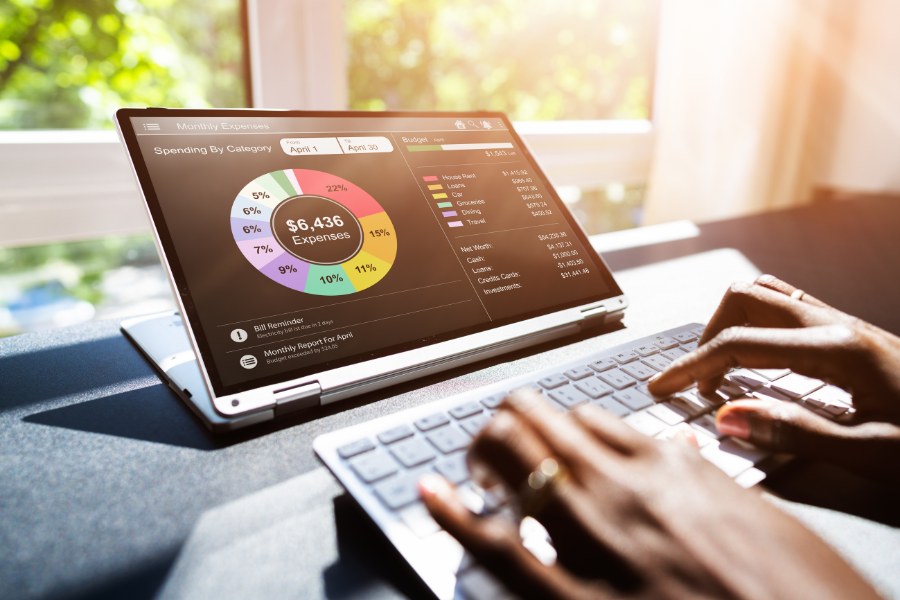
Beyond the Emergency Fund: Smart Moves for Your Money
January 18, 2024
Congratulations! You’ve diligently saved and now have a fully funded emergency fund. This achievement marks a significant milestone in your financial journey. But what’s next? Here’s a guide on smart ways to allocate your money once your emergency fund is in place.
1. Pay Down High-Interest Debt
If you have high-interest debts, such as credit card balances or personal loans, focus on paying these down. The interest on these debts can quickly accumulate, often outweighing any potential returns from investments.
2. Increase Retirement Savings
Consider boosting your retirement contributions, especially if you haven’t been maximizing them. If you have a 401(k), try to contribute enough to get the full employer match. You can also look into opening or funding an IRA. The sooner you start saving for retirement, the more time your money has to grow.
3. Invest in the Stock Market
Investing in stocks or mutual funds can offer higher returns compared to traditional savings accounts. Consider low-cost index funds or ETFs as they offer diversification and have lower fees. Remember, investing in the stock market involves risk, so it’s important to do your research or consult with a financial advisor.
4. Explore Real Estate
If you’re interested in real estate, consider saving for a down payment on a rental property. Real estate can be a valuable addition to your investment portfolio, providing both rental income and potential appreciation in value.
5. Save for Specific Goals
Whether it’s a down payment for a house, a dream vacation, or your child’s education, start saving for these specific goals. Having separate savings accounts for different goals can help you track your progress more easily.
6. Upgrade Your Skills or Education
Investing in yourself by upgrading your skills or furthering your education can have long-term financial benefits. Whether it’s a professional course, certification, or advanced degree, education can open doors to higher-paying job opportunities.
7. Donate to Charity
If you’re in a position to do so, consider giving back. Donating to charity can be rewarding and also offer tax benefits. Choose causes that are important to you and consider setting up regular contributions.
8. Review and Adjust Insurance Coverage
Ensure that you’re adequately protected. This might be a good time to review your life, health, and property insurance to see if your coverage needs adjustment, especially if your life circumstances have changed.
9. Create a Long-Term Financial Plan
With your emergency fund in place and debts being managed, you can start thinking long-term. Creating a comprehensive financial plan can help you stay focused on your long-term financial goals.
Final Thoughts
Securing an emergency fund is just the beginning of your financial journey. What follows is a world of opportunities to grow your wealth, secure your future, and even give back to the community. Remember, each financial decision should align with your overall goals and risk tolerance. Stay informed, consider seeking advice from financial professionals, and continue to make thoughtful, strategic choices with your money.
If you don’t have an emergency fund yet, and want some information on why it’s so important and how to get started, check out The Crucial Role of an Emergency Fund.
